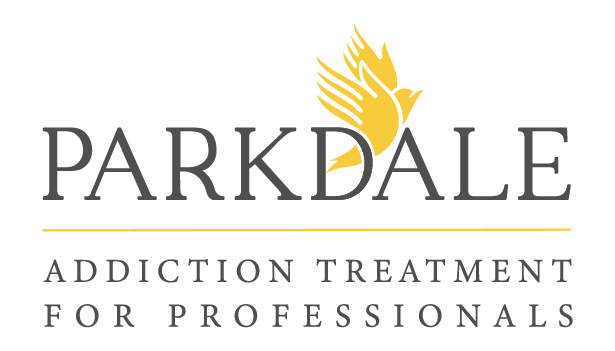Written By Ethan Bickelhaupt
It’s no secret that our country is facing one of the worst substance abuse epidemics we have ever seen in recent history. Every single day, people from all across this great nation and around the world will fall victim to that subtle yet complex killer known as substance abuse. It’s no respecter of persons, color, culture, or creed. In fact, while many would like to deny it, you’ll find that hiding within the shadows of this ugly beast are not only everyday people, but business professionals, including those within both the legal and medical fields.
“Why, that’s preposterous! Goodness, who would utter such a claim! You mean these people of upstanding repute like lawyers and doctors who advise us on legal matters and how to stay healthy? The nerve of one to make up such nonsense!” Comments like these are among those would love to play judge, jury and...medical practitioner sitting on the sidelines criticizing the notion. Or worse, knowing the truth without understanding the “why”. The unmistakeable reality is that many business professionals are suffering....and doing so silently. It isn’t just because of the toll that drugs and alcohol are taking on their lives physically and professionally, but it’s the equally demoralizing and emotionally debilitating thought of having to admit it to their peers and clients. It can become a painstakingly merciless uphill battle struggling with trying to be the ideal upstanding model citizen while trying to balance and maintain patients, clients and heavy workloads. Often times, their dependency is the result of stress, countless hours, disgruntled clients and the overall lack of rest. In a society where mercy tends to be overlooked in favor of judgment, it’s become increasingly more difficult for business professionals to come out from the shadows and bring their dependency to the light. Just take a look at some of these eye opening statistics:
• The American Bar Association (ABA) estimates that 18 to 20 percent of lawyers abuse drugs or alcohol (compared to 8 to 10 percent of the general population).
• Lawyers use cocaine at twice the rate of the general population, according to a 1990 study published in the Journal of Law and Psychiatry.
• Thirty-three percent of lawyers suffer from mental health disorders.
• Lawyers are 3.6 times more likely to suffer from depression than individuals in 28 other professions, researchers concluded in a 1990 Johns Hopkins Medical School study.
• The National Institute for Safety and Health reports that male lawyers ages 20 to 64 are more than twice as likely to die from suicide as men in other careers. (http://www.drugrehab.us/news/addiction-strikes-lawyers/)
Long hours, sleepless nights, pressure to deliver and even mental health issues are just a few of the causes that many within the legal field to (often subtly) find themselves wandering into the dangerous abyss of substance abuse.
This isn’t just limited to lawyers. In fact, equally affected are those within the medical field, particularly with anesthesiologists, emergency room specialists, and psychiatrists. The number of drug- and alcohol-addicted physicians and nurses is estimated at 10% to 14%, similar to the general population (http://www.thedailybeast.com/articles/2014/04/24/the-secret-world-of-drug-addict-doctors.html).
These small, but staggering statistics serve as proof in debunking the myth that business professionals within the legal and medical fields do not become substance abusers. This is, in part, precisely why Parkdale was created. Wising up to this reality brings into the light the importance of why Parkdale does what it does. While there are counseling and rehabilitation centers nationwide that are and have been effective in helping many people recover from abuse, unfortunately many of these facilities are very general, painting with broad brush strokes and often addressing issues within large groups of people that cannot to relate to one another. Parkdale brings into its facility a relevancy factor with business professionals that will allow them to relate to those who struggle with the disease of chemical dependency as a result of the stress that comes with their professional career. It’s important to share this information with the people you love and those you do business with as it can not only affect their lives, but have a significant impact on yours as well.
For more information on the subject be sure to click on the imbedded links or check out the study below:


